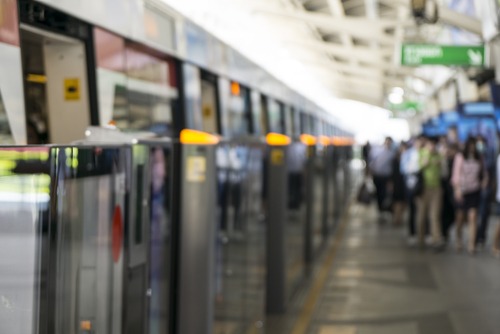
A coalition of transit industry organizations is calling on Congress to provide the industry with $39.3 billion in relief in the next COVID relief bill.
Led by the Metropolitan Transportation Authority Chairman Patrick Foye, the coalition sent a letter to Congressional leadership warning that without assistance, the slow down across the public transit industry would lead to deep service cuts, employee layoffs, and reductions to capital improvement projects.
“Without additional federal resources, our agencies could be forced to implement drastic cuts to service, make unthinkable layoffs, and/or delay or cancel critical capital projects,” the group said in its letter. “Such draconian actions would decimate transit service and impact all those who rely on it. Our industry directly employs more than 400,000 workers and supports millions of private-sector jobs across the country. Pre-pandemic, our agencies moved millions of Americans every day, and now our services are an indispensable lifeline for health professionals, first responders, food service, and other essential workers on the front lines of this public health crisis. Without us, they’ll be left stranded.”
The coalition includes transit systems from 22 states, including Texas, Georgia, Maryland, Massachusetts, North Carolina, Pennsylvania, Ohio, and Florida.
“Given the unprecedented ridership declines, revenue losses and additional costs caused by the pandemic, a new independent economic analysis shows that $39.3 billion in additional investment is needed to maintain operations today and to get through the years ahead,” the letter states. “As such, we request $39.3 billion in emergency aid for public transit agencies nationwide in the next coronavirus relief bill.”
On Feb. 5, Congress passed a budget resolution that paves the way for them to begin work on drafting President Joe Biden’s $1.9 trillion COVID relief fund, which includes only $20 billion in aid for transit systems.